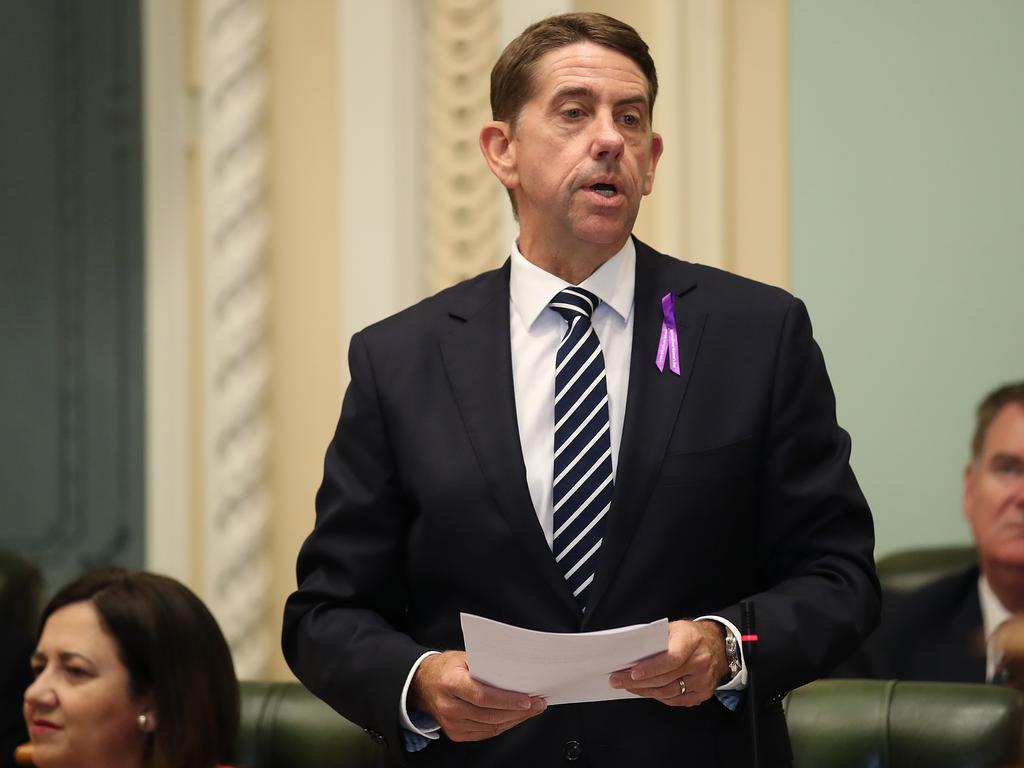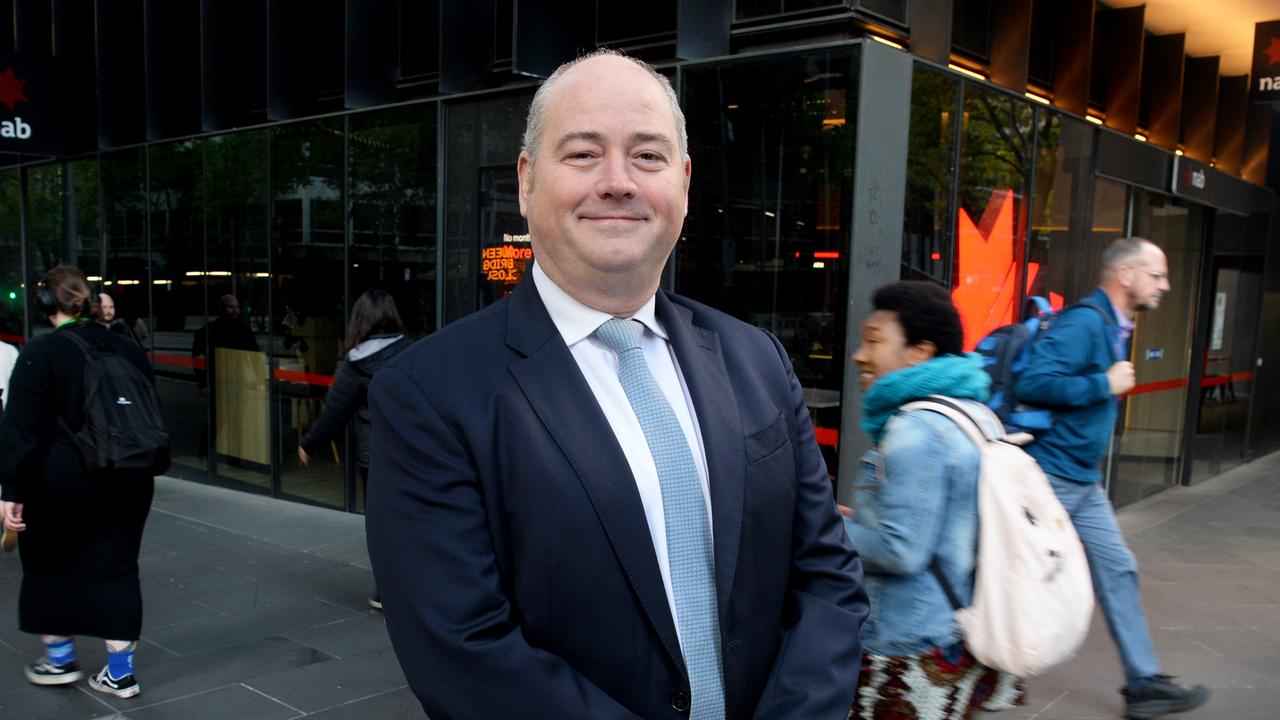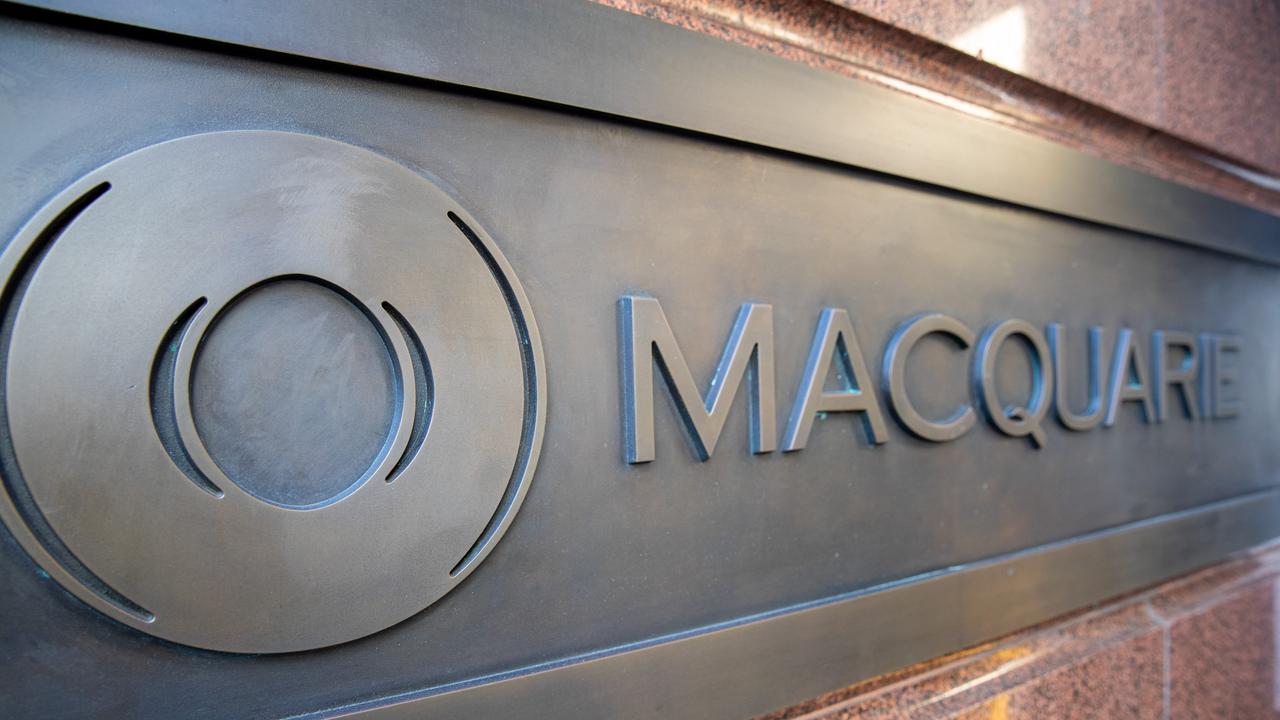
Thursday sees the arrival of a new name in industry super in Australia — Spirit Super — formed from the merger of the Canberra-based MTAA Super (the fund with its roots in the motor traders industry) and Hobart-based Tasplan.
The fund will have combined assets under management of $23bn and 326,000 members.
It is a long way from the $210bn in assets managed by the nation’s largest super fund, AustralianSuper, but it will give the combined fund more scale to cope with the ongoing pressures of new regulation of the industry.
When the deal was first mooted in 2019, Spirit chief executive Leeanne Turner, who has been CEO of MTAA Super since 2011, said in an interview with The Australian that the view was that there was a “sweet spot” of $20bn-$40bn for a fund at the smaller end of the super fund sector.
Turner, who openly admits to plans for Spirit Super to push ahead with more mergers in the future, indicated that she thinks, if anything, the ideal “sweet spot” size bracket has gone up since then.
Super fund regulator the Australian Prudential Regulation Authority has made no secret of its desire for some years for more and faster mergers in the sector.
Appearing before the Senate Economics Legislation Committee last Thursday, APRA chairman Wayne Byres said the regulator was “making good progress” in the super sector for its push for improved governance, lower fees, having poor-performing super funds exit the industry and “consolidation to achieve economies of scale”.
He said there were now 164 APRA-regulated funds (as opposed to the 587,000 self managed super funds), well down on the 279 funds that existed when the federal government’s Stronger Super reforms were introduced in 2013.
“This consolidation has helped drive better governance, stronger performance, lower costs,” he said.
But he was clear that APRA still saw “plenty of scope for further consolidation and efficiency within the industry”.
He said there had been continuing momentum for fund mergers, with six having been completed since June last year.
Recent mergers either completed or under way include last year’s merger between NSW-based First State Super with VicSuper and WA Super to create the $140bn Aware Super, the second-largest in the country.
It could soon be eclipsed by the proposed mega-merger of SunSuper and QSuper, which would create a fund with combined assets of $200bn and two million members. The two funds signed a “heads of agreement” for a merger last month.
Others under way include the merger of NGS Super and Catholic Super, which would create a $21bn fund with more than 200,000 members, and the proposed alliance of the $6bn Media Super and the $54bn construction industry super fund Cbus.
APRA has been pressuring the industry for mergers for years, concerned that some funds were too small to have the levels of governance and systems in place to look after members’ interests.
The introduction of “heat maps” for the increasingly important cheap and cheerful MySuper sector has allowed for a much easier comparison of the performance of funds, putting more pressure on the funds.
New legislation before the Senate at the moment would also introduced a new means of comparing investment performance of funds, with the idea being that any fund that consistently underperforms for a period of time will be banned from accepting new members.
As more government-mandated money flows into the super fund sector, APRA is rightly concerned that the players are well run, with the latest in standards of governance and administration, while keeping fees as low as possible.
Small does not necessarily have to mean poor-performing.
More than a million Australians are happy to have their super in their own self-managed super fund. But with so much money at stake and so many pressures on funds, APRA clearly wants to oversee a much smaller number of larger funds.
There are real issues preventing or slowing down mergers.
It is popular to argue that ego is one of the factors slowing down mergers, which will inevitably see fewer jobs at the top.
In the case of the MTAA/ Tasplan merger, MTAA’s long-serving chair, former Victorian premier John Brumby, agreed to step down, with Tasplan chair Naomi Edwards chairing the combined new group.
That deal went ahead quite smoothly personnel-wise, but still took two years to complete.
There are other issues at stake.
Trustees of a well-run fund also don’t want to be sued by members who might feel they have lost out in a merger with a lesser-performing fund.
With industry super funds having grown up from specific sectors, trustees may be concerned not to lose the basic character of their fund and its ability to cater for the members in their trade or industry sector.
One could argue that the big wave of mergers in the trade union sector resulted in many smaller unions becoming part of mega organisations, which some feel have lost touch or reduced emotional ties with their members despite the advantage of economies of scale.
On the other hand, the maturing of the sectors will put increasing pressures on the industry that has enjoyed easy inflows of billions of dollars a year for decades as a result of the mandated (now) 9.5 per cent superannuation guarantee system.
But as more people approach retirement age, there are increased costs of administering funds to cater for increasing queries and servicing costs for members, while payouts to members are rising.
For the super fund sector, the era of easy inflows of cash with few demands by members is ending.
Last year saw net contributions to super rise by only 1.9 per cent to $120bn, while payouts soared by almost 40 per cent to $113.3bn, partly as a result of the government’s early release scheme because of COVID-19.
Net contributions to super, which ran at $40bn in 2019, were only $7.7bn last year.
While one could argue that 2020 was a one-off, unusual year, the super sector is coming to a tipping point where funds going in may start to equal those going out — increasing the cost of administration while reducing liquidity.
Another factor looming on the horizon, which Byres mentioned to the Senate committee, is the necessity for increased attention to cybersecurity. The recent attacks on the Nine media group have highlighted the escalating incidents of ransomware attacks.
The challenge of coping with cyber attacks and fraud on the pots of money in super is a serious new concern for the industry and the broader financial sector.
For the super industry, mergers are becoming the name of the game as the sector matures and APRA’s years of pressure, as well as increasing government regulation, are now starting to bite.
While some longstanding retail funds such as AMP are on the decline, the era of mega industry super funds is on its way.







At long last, the momentum for mergers in the $3 trillion super fund sector is stepping up.